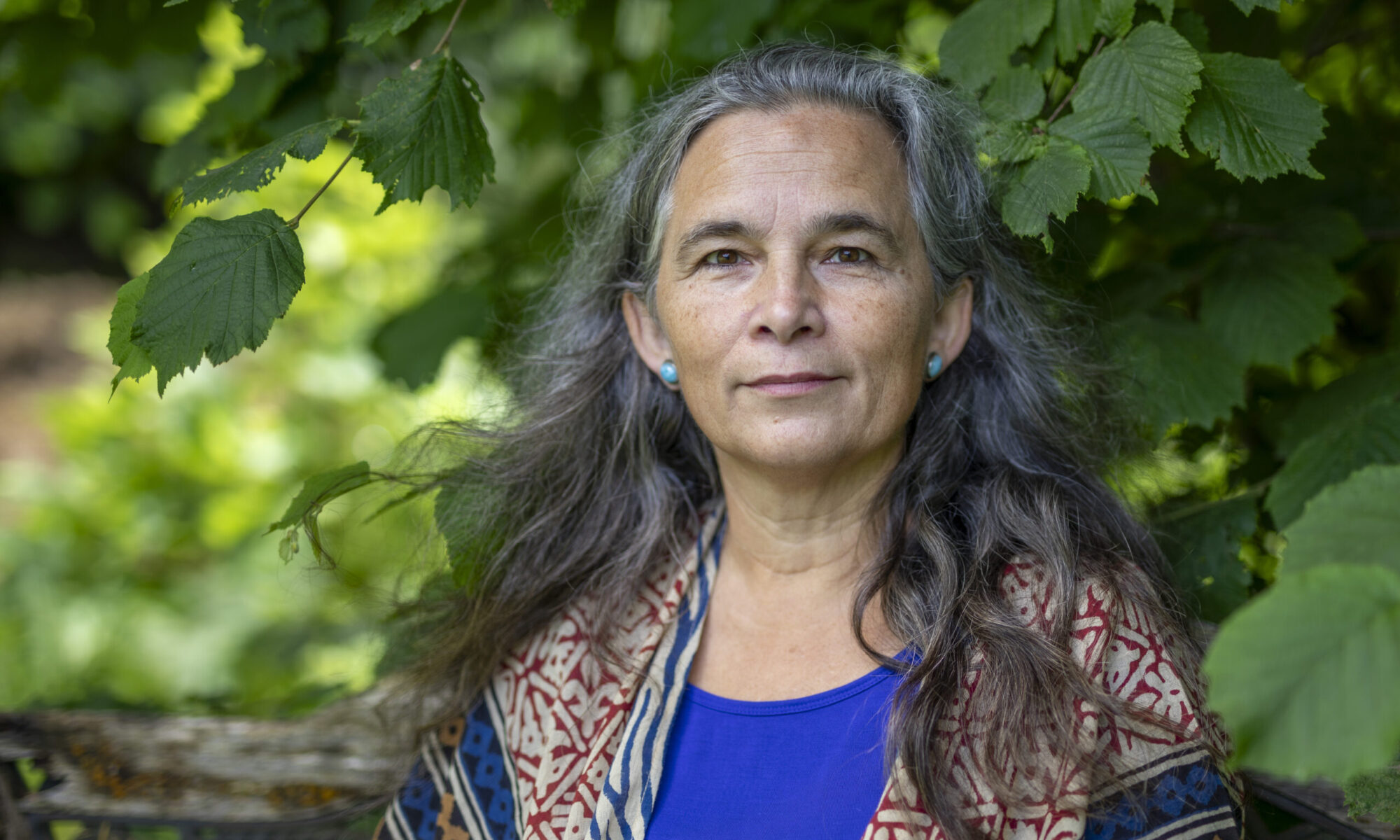Nearly a year ago, on March 22nd, 2016 Kristin Verellen lost her partner Johan Van Steen when a bomb exploded in the Maelbeek Station in Brussels. In the first nights after the attack she met with friends to hold vigils for him. They sat in circle, holding space and listening to one another. Gradually more and more people joined. They kept meeting, including others that had in some ways been hurt or touched by what had happened. Kristin and a circle team that emerged out of these experiences goes on organizing circles in different places across the country. A first international online circle in English took place 2 days ago.
„Telling and listening to each others stories is very important to regain our strength. It helps to deal with our emotions and to face life with a new awareness and renewed energy.
By organising these Circles we want to give the opportunity to everybody who was involved or feels impacted in some way by the terrorist attacks and other forms of blind violence in Belgium and elsewhere in the world to take a moment to reflect. What impact do these acts of blind violence have on us, on our choices, on our society? And what do we do with our precious life and the time we have left?“
http://www.wehavethechoice.com/
Kristin speaking at a memorial service for the victims in the palace in Brussels: https://www.youtube.com/watch?v=CFm9bmg65jI
